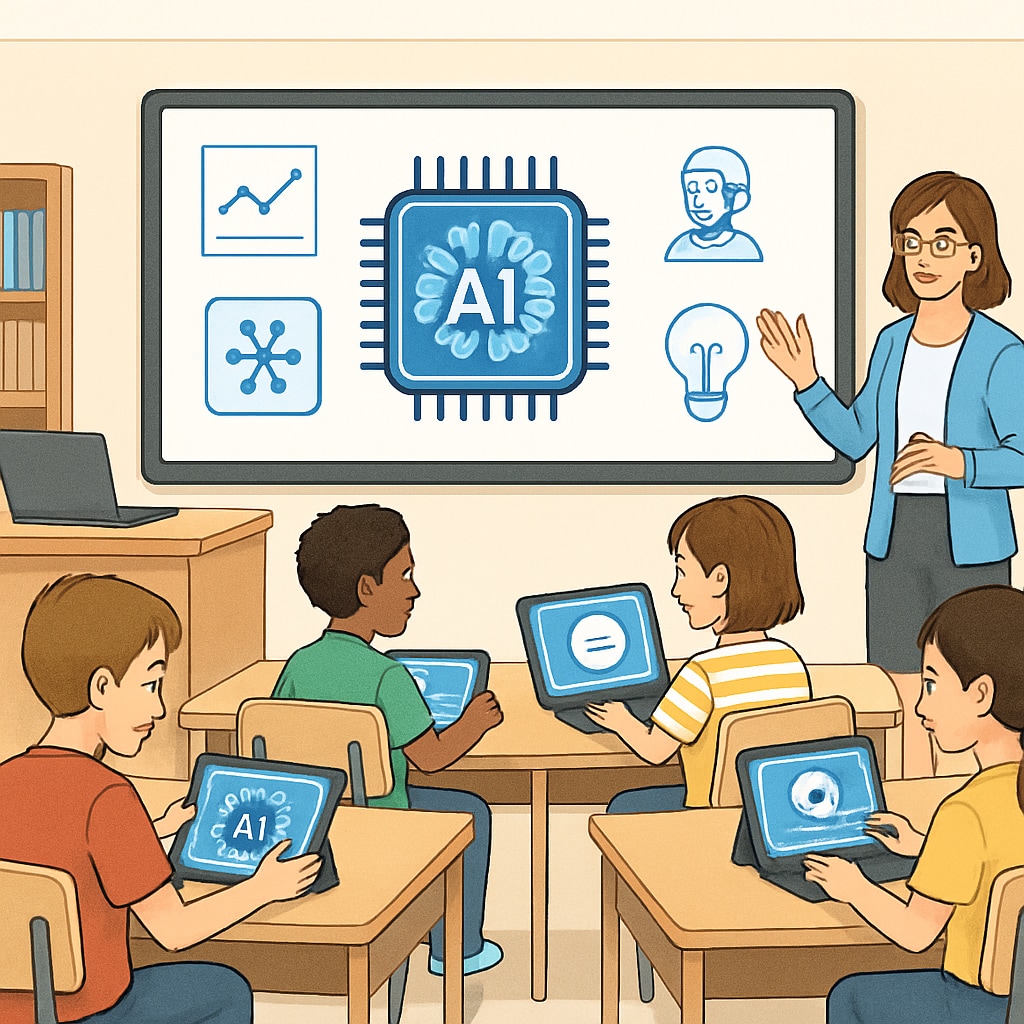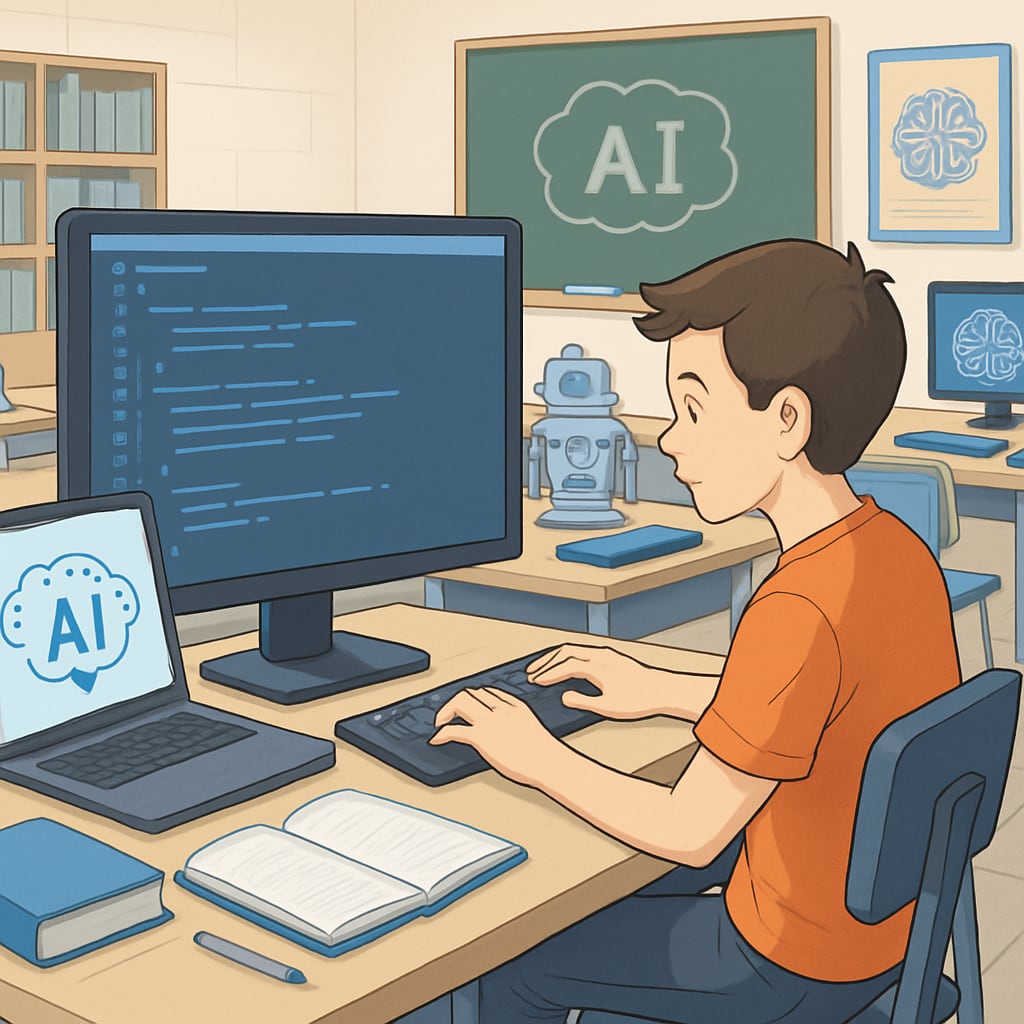As artificial intelligence (AI) continues to evolve at an unprecedented pace, it raises pressing questions about the value of higher education and career prospects for the next generation. The rapid integration of AI into industries worldwide is reshaping the workforce and leaving educators grappling with how to prepare students for an uncertain future. Traditional education systems, especially K12 education, must shift focus from rote memorization to fostering critical thinking, creativity, and adaptability to ensure students can thrive in the AI-driven era.
Why AI Threatens Traditional Higher Education and Career Prospects
The rise of AI has disrupted industries ranging from healthcare to finance, automating tasks once reserved for highly skilled professionals. This shift challenges the conventional pathway where higher education guarantees career success. For example, professions in programming, data analysis, and even medical diagnostics are increasingly performed by AI systems, reducing demand for human labor in these fields. As a result, students are now questioning whether investing in a degree will yield long-term career stability.
Moreover, according to a Wikipedia entry on Artificial Intelligence, AI systems are becoming more adept at learning and decision-making, further minimizing the need for human intervention in repetitive or analytical tasks. This raises the necessity for educational systems to prioritize unique human skills that machines cannot easily replicate, such as emotional intelligence and creative problem-solving.

Transforming K12 Education: A Strategic Imperative
To address the challenges posed by AI, K12 education must pivot from traditional teaching models to a forward-thinking approach that emphasizes skill sets relevant to the AI era. Schools should focus on developing core competencies such as:
- Critical Thinking: Encouraging students to analyze complex problems and evaluate solutions critically.
- Creativity: Fostering innovation and original thought to complement AI-driven processes.
- Adaptability: Teaching students how to learn and unlearn quickly in response to changing technologies.
- Collaboration: Promoting teamwork and interpersonal skills essential for multidisciplinary environments.
In addition, educators should introduce AI literacy into curricula, ensuring students understand the basics of AI technology and its implications on society and the workforce. For example, incorporating coding and data science can help students grasp how AI systems function, while ethical discussions can prepare them to navigate the moral dilemmas posed by AI advancements.

Preparing Students for Jobs That Don’t Yet Exist
One of the most significant challenges in the AI era is preparing students for careers that have yet to be invented. In the past, technological revolutions like the internet created entirely new industries, from e-commerce to social media marketing. Similarly, the ongoing AI revolution is expected to generate opportunities in fields such as AI ethics, human-AI collaboration, and advanced robotics.
According to Britannica’s overview of artificial intelligence, current trends point toward a future where AI augments rather than replaces human capabilities. This alignment underscores the importance of teaching students to work alongside AI systems, leveraging their strengths while compensating for their limitations.
To achieve this, schools must adopt flexible teaching strategies that emphasize lifelong learning. Instead of preparing students for specific careers, K12 education should aim to equip them with transferable skills that remain relevant across multiple industries, regardless of technological advancements.
Conclusion: Building Resilience in an AI-Powered World
As AI continues to reshape the global landscape, the value of higher education and traditional career pathways will undoubtedly be called into question. However, by transforming K12 education to prioritize critical thinking, creativity, and adaptability, we can prepare students to navigate the uncertainties of an AI-driven future. Educators, policymakers, and parents alike must collaborate to ensure that today’s students become tomorrow’s resilient and innovative leaders.
In the words of Albert Einstein, “Education is not the learning of facts, but the training of the mind to think.” This philosophy is more relevant than ever as we face the challenges and opportunities of the AI era.


